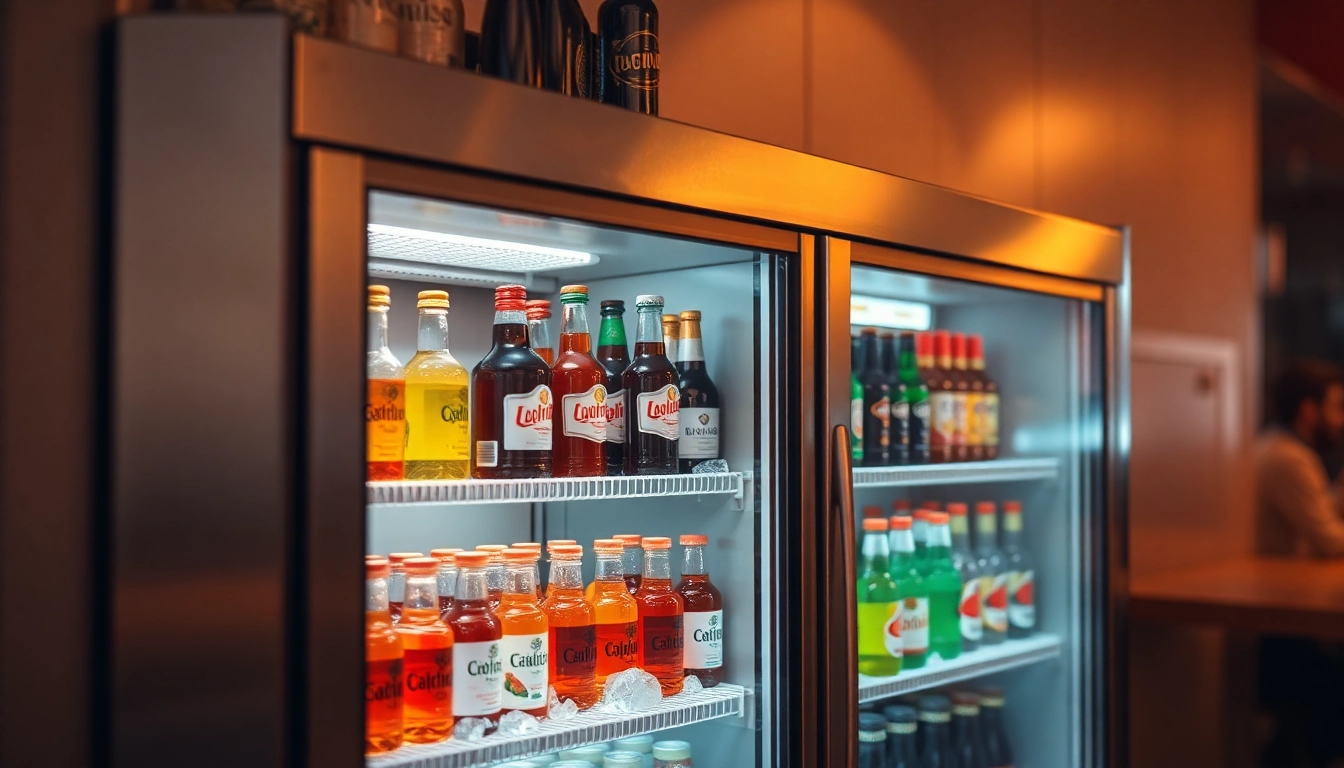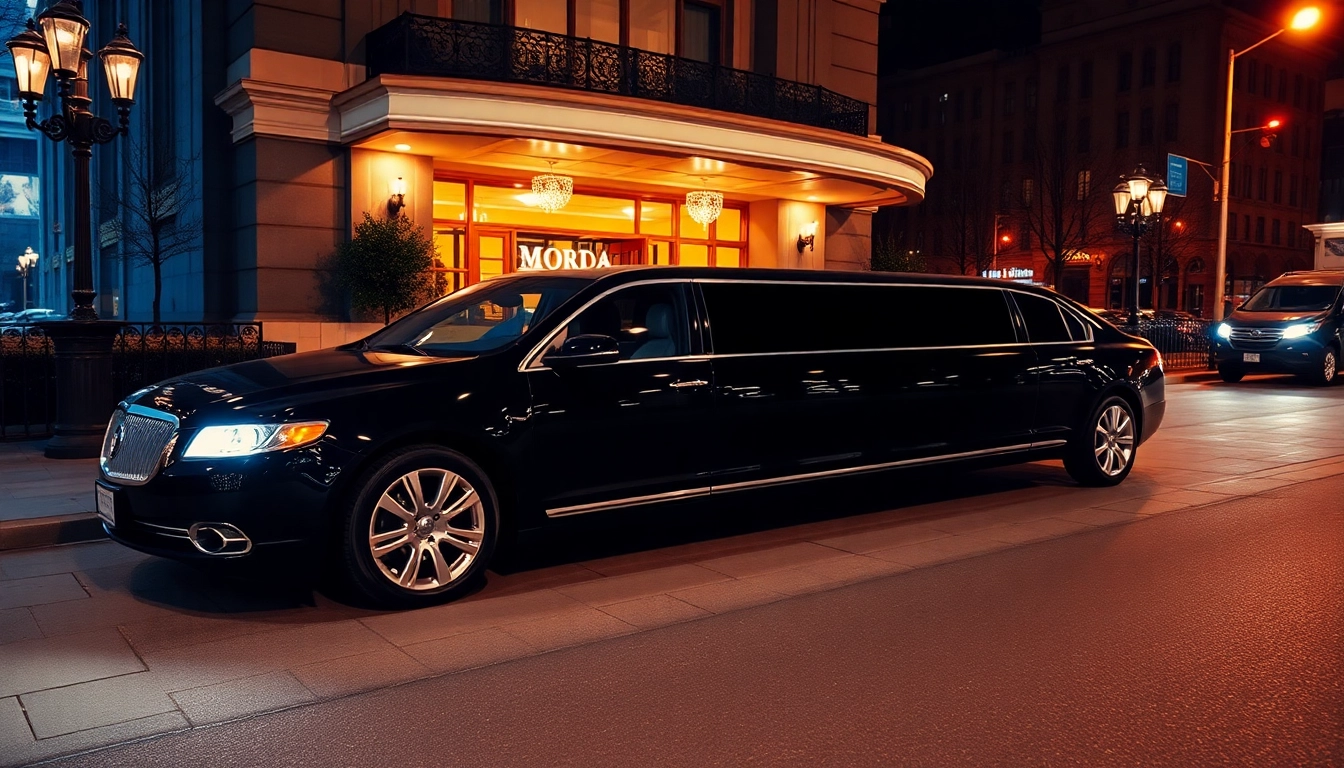Understanding Bar Refrigeration Systems
Maintaining an efficient bar refrigeration system is essential for any establishment that serves cold beverages. Understanding how these systems work, recognizing their key components, and knowing how they contribute to a successful bar operation can significantly enhance service quality. Proper bar refrigeration repair methods ensure that your beverages are always at the ideal temperature, improving customer satisfaction and operational efficiency.
What Are Bar Refrigeration Units?
Bar refrigeration units are specialized cooling systems designed to keep beverages chilled at optimal temperatures. Unlike standard refrigerators, these units are typically built into the bar or are compact standalone systems. They come in various forms, including back bar coolers, under-counter fridges, and bottle coolers, catering to different spatial and operational needs. The primary function of these units is to keep drinks, garnishes, and other perishable items cool, maintaining the quality and safety of the products served.
Key Components of Refrigeration Systems
Bar refrigeration units consist of several critical components that work together to maintain desired temperatures:
- Compressor: This is the heart of the refrigeration system, compressing refrigerant gas and pumping it through the system.
- Evaporator Coils: These absorb heat from the interior of the unit, allowing the refrigerant to cool the air inside.
- Condenser Coils: Located outside the unit, these coils expel heat from the refrigerant, allowing it to cool before re-entering the evaporator.
- Expansion Valve: This regulates the flow of refrigerant into the evaporator coils, maintaining an efficient cooling cycle.
- Thermostat: This device monitors the temperature inside the unit to ensure consistent performance.
The Importance of Refrigeration in Bars
Effective refrigeration in bars is crucial for several reasons:
- Quality Preservation: Cold storage prevents spoilage and maintains the flavor of beverages, ensuring high-quality service.
- Energy Efficiency: Modern refrigeration units are designed to consume less energy, helping to reduce operational costs.
- Customer Satisfaction: Quick and easy access to chilled beverages enhances the customer experience, encouraging repeat visits.
Common Issues with Bar Refrigeration
Even the most reliable bar refrigeration systems can face issues over time. Understanding the common problems can help bar owners take proactive measures to ensure ongoing performance and longevity of their refrigeration units.
Signs Your Bar Refrigeration Unit Needs Repair
Recognizing when your refrigeration system is underperforming is critical for timely intervention. Common signs include:
- Inconsistent temperature fluctuations that lead to warming beverages.
- Unusual noises, which may indicate compressor or fan issues.
- Excessive condensation or frost buildup inside the unit.
- Increased energy bills, suggesting inefficiency.
- Odors emanating from the fridge, indicating possible spoilage or malfunction.
Common Failures and Troubleshooting Tips
When issues arise, knowing how to troubleshoot can save time and money. Here are some common failures and how to address them:
- Unit Not Cooling: Check for dirty condenser coils, as they can impede refrigeration. Clean them regularly.
- Leaking Water: Ensure the drain is clear of debris and check for any ruptured hoses.
- Compressor Issues: Listen for unusual sounds, and if necessary, consult a technician if the compressor runs continuously without shutting off.
- Door Seal Problems: Inspect door gaskets for wear and tear; faulty seals can affect efficiency and temperature stability.
How to Avoid Common Refrigeration Problems
Taking preventive measures can help avoid common refrigeration issues:
- Establish a routine cleaning schedule for coils and filters.
- Conduct weekly checks on temperature settings and ensure the unit is properly loaded, avoiding overcrowding that can block airflow.
- Implement regular professional maintenance checks to catch potential problems before they escalate.
Bar Refrigeration Repair Solutions
When faced with refrigeration failures, knowing your repair options and processes can save both time and money.
Choosing Professional Repair Services
Selecting a qualified technician is crucial for effective repairs. Look for professionals with:
- Relevant certifications and training in commercial refrigeration.
- Good reviews from previous clients and a history of reliable service.
- Experience with the specific type of refrigeration equipment used in bars.
- Responsive customer service to address urgent repair needs.
The Repair Process for Refrigeration Units
The typical repair process involves several steps:
- Diagnosis: The technician assesses the unit to identify the root cause of the problem.
- Estimates: A detailed estimate for parts and labor is provided before proceeding.
- Repairs: Necessary parts are replaced, and adjustments are made to restore functionality.
- Testing: After repairs, the technician tests the unit to ensure it operates within specifications.
- Follow-Up: It’s advisable to schedule follow-up visits for maintenance and monitor the unit’s performance.
Cost Factors in Bar Refrigeration Repair
The costs associated with bar refrigeration repair can vary based on several factors:
- Type of Repairs Needed: Simple repairs like cleaning coils will cost less compared to component replacements.
- Parts Availability: Hard-to-find parts may increase repair costs.
- Labor Costs: Rates depend on technician qualifications and the complexity of the repair.
- Geographic Location: Service costs may vary based on regional economic conditions.
Preventive Maintenance for Bar Refrigeration
Regular maintenance is essential for prolonging the life of refrigeration units and enhancing performance. Establishing a preventive maintenance schedule ensures your bar runs smoothly with minimal disruptions.
Scheduled Maintenance Tips
Here are key maintenance activities to incorporate into your routine:
- Inspect and clean condenser coils every six months to prevent overheating.
- Verify door seals are intact and functioning properly.
- Test safety controls and check refrigerant levels during regular servicing.
- Simplify the maintenance process with a checklist to ensure no vital tasks are overlooked.
DIY Maintenance Practices
Bar owners can perform some basic maintenance tasks themselves:
- Clean exterior surfaces and vents to optimize airflow.
- Check and replace water filters regularly to maintain water quality.
- Keep the area around refrigeration units clear to ensure proper air circulation.
Benefits of Regular Checks and Maintenance
Engaging in preventive maintenance leads to numerous advantages:
- Reduces the likelihood of unexpected breakdowns, minimizing downtime.
- Extends the lifespan of refrigeration systems, saving replacement costs.
- Improves energy efficiency, helping lower operational costs.
- Enhances service quality, contributing to better customer experiences.
Finding Reliable Bar Refrigeration Repair Services
When it comes to bar refrigeration repair, finding reliable service providers is essential. Competent technicians ensure your units remain in peak condition, preventing costly downtime.
How to Select a Trustworthy Technician
To choose the right technician, consider the following:
- Look for extensive experience specifically in bar refrigeration systems.
- Check if they are licensed and insured to perform refrigeration repairs.
- Request estimates from multiple providers to compare pricing and service offerings.
- Get recommendations from fellow bar owners or online communities to find well-reviewed technicians.
Reviews and Recommendations
Utilizing online platforms for reviews can be helpful in assessing technician reputation. Websites such as Yelp and Google Reviews often provide consumer feedback that can illuminate potential service providers’ strengths and weaknesses.
Emergency Repair Services for Bars
Bars often operate long hours, which means refrigeration issues can occur outside of regular business hours. Identifying repair services that offer 24/7 emergency support can be vital. Questions to consider include:
- Availability of emergency response.
- Response time for urgent service calls.
- Ability to handle multiple types of refrigeration systems.
In conclusion, understanding bar refrigeration systems, being aware of common issues, and implementing preventive maintenance practices ensures your refrigeration units run smoothly. When issues arise, knowing how to select reputable repair services can lead to quick resolutions, allowing you to provide the best experience for your customers while minimizing disruptions to service.



